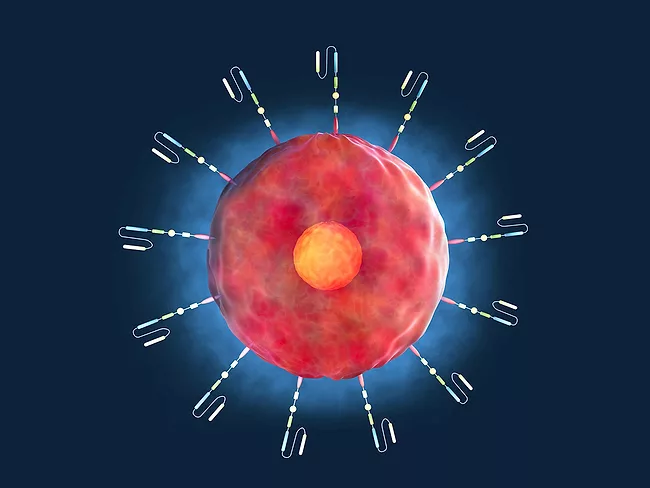
Science, BioWorld MedTech
Drug design, drug delivery & technologies
UK launches strategy to replace animals in research as scientists voice concern
Read MoreDrug design, drug delivery & technologies
ESGCT 2025: Redefining CAR T cells across cancer and autoimmunity
Read MoreDrug design, drug delivery & technologies









